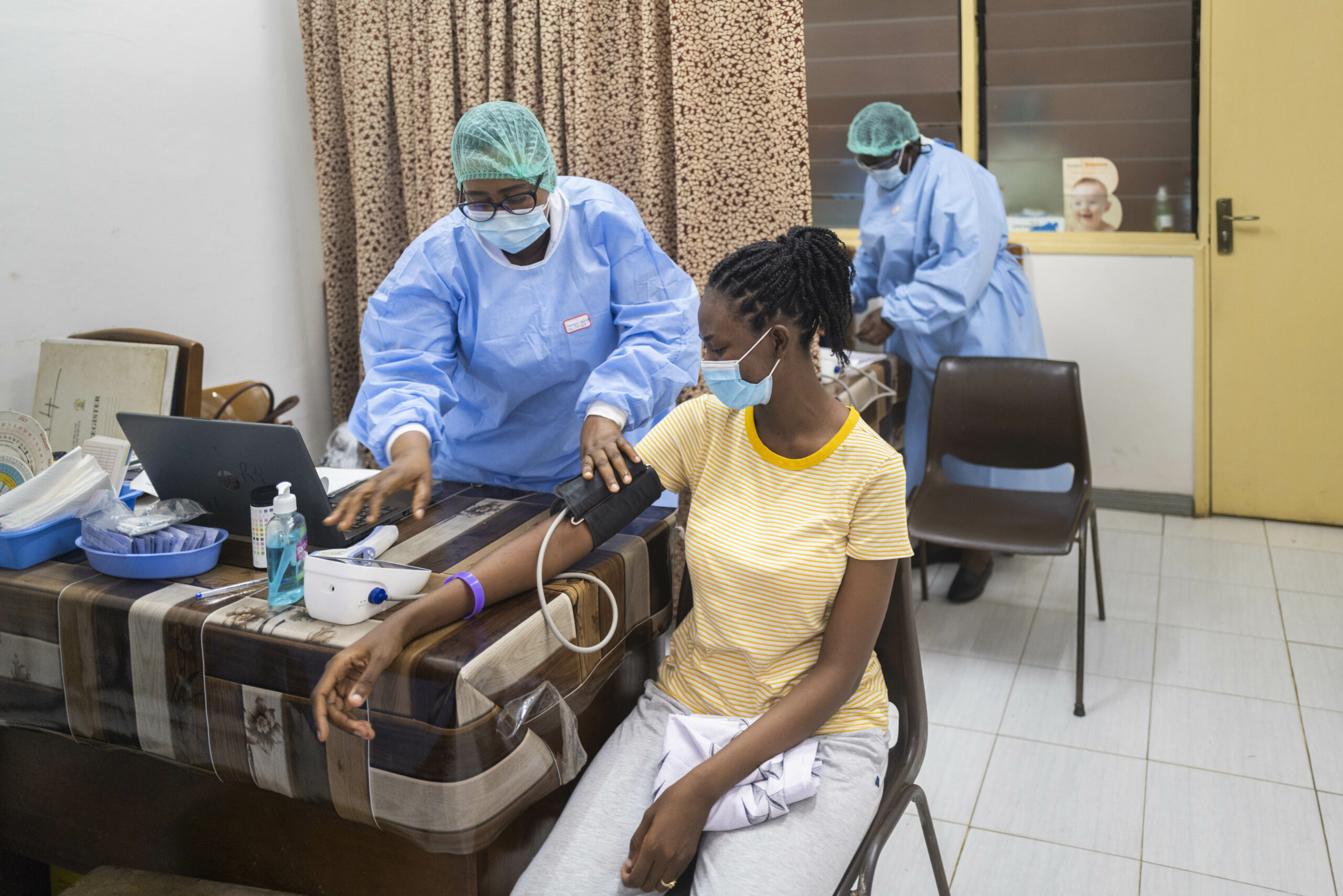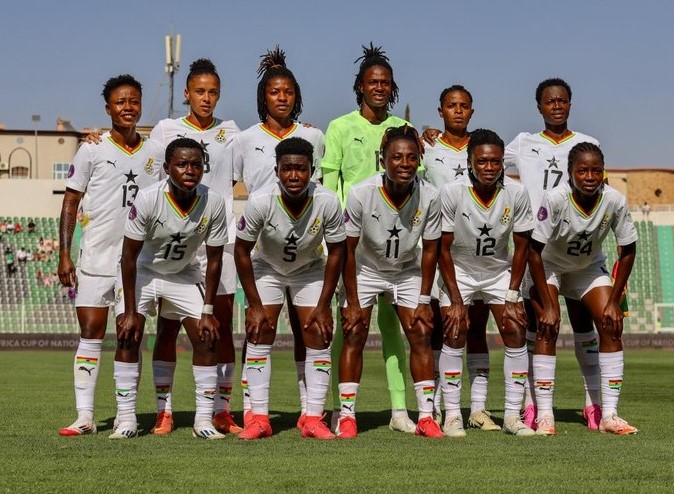For millions of Ghanaians, illness is more than just a health issues, it’s a financial emergency. While Ghana’s National Health Insurance Scheme (NHIS) was created to make basic healthcare accessible to all, the reality on the ground tells a different story. Long queues, limited coverage, expired cards, and out-of-pocket expenses have forced many citizens to go without insurance altogether.
So what happens when you fall sick and can’t afford to get treated? In this installment of our Cost of Living Series, we explore how people survive Ghana’s healthcare system without insurance through creativity, sacrifice, and sometimes, complete resignation.
1. The Insurance Gap: Why Many Ghanaians Remain Uncovered
As of 2024, Ghana’s NHIS had approximately 12 million active members, a significant number, but still less than 40% of the population. For the majority, the reasons for not registering or renewing NHIS cards are familiar:
• Registration delays and network challenges at district offices
• Low trust in the scheme’s effectiveness
• Hidden costs at hospitals even with a valid card
• Lack of awareness, especially in rural and informal sectors
• Inability to pay the annual renewal fees, especially for non-exempted adults
Mariam, a 29-year-old single mother in Ashaiman, stopped renewing her NHIS card in 2022. “The last time I used it, they said malaria drugs weren’t covered. I still paid over GH₵80. So why bother?” she asks.
2. The Cost of Being Uninsured
Without insurance, medical bills can be punishing, even for common ailments. A simple outpatient visit at a private clinic can cost:
• Consultation: GH₵60–GH₵150
• Malaria test and treatment: GH₵100–GH₵200
• Antibiotics or painkillers: GH₵50–GH₵100
• Lab tests (e.g., blood work): GH₵200–GH₵400
• Emergency treatment or admission: GH₵1,000 and above
For many low-income earners like traders, hairdressers, taxi drivers, and unemployed youth these costs are simply unaffordable.
3. How People Cope Without Insurance
🔹 Community Pharmacies as “Mini Hospitals”
In many neighborhoods, pharmacies and chemical sellers have become the first and sometimes only stop for healthcare. These vendors often provide:
• Free informal consultations
• Over-the-counter drugs on credit
• Basic blood pressure and sugar checks
• Referrals to trusted clinics
While this model offers convenience, it also carries risks including misdiagnosis, self-medication, and drug resistance.
🔹 Self-Diagnosis and Traditional Remedies
Many uninsured people rely on herbal mixtures, homemade teas, and Google diagnosis when they fall sick.
In villages around Wa and Bolgatanga, local healers still treat ailments like typhoid, ulcers, and even fractures using centuries-old methods. For some, it’s cultural. For others, it’s their only affordable option.
🔹 Crowdfunding and Family Support
With mobile money now widespread, people are increasingly turning to WhatsApp groups, church friends, or relatives to raise funds when health emergencies strike.
In more desperate cases, parents are forced to sell land, borrow from susu groups, or delay treatment entirely. In the words of one trader in Kumasi:
“When the pain gets worse than the cost, that’s when we go to the hospital.”
4. The Mental Toll: Living with Untreated Illness
Beyond the physical pain, the emotional burden of avoiding care is immense. People with chronic conditions like diabetes, hypertension, or asthma often ration their medication or skip doses entirely.
For women, especially, untreated reproductive health issues can lead to long-term complications, including infertility, infections, or maternal deaths.
Kofi, a 45-year-old welder in Cape Coast, has had persistent chest pain for months. “I’ve been taking ginger and garlic. If it’s my time, it’s my time,” he says with a forced laugh.
5. Public vs Private Clinics: A Broken Balance
Many government hospitals are under-resourced, understaffed, and overburdened. Patients often face:
• Long waiting times (up to 6 hours or more)
• Lack of basic drugs and equipment
• Frustrated or unavailable staff
• Inconsistent application of NHIS benefits
Meanwhile, private clinics are more efficient but costly creating a two-tiered system where quality depends on one’s ability to pay.
6. What Needs to Change?
Experts and civil society groups have called for urgent reforms in Ghana’s health financing system, including:
• Expansion of NHIS coverage to include more essential drugs and lab services
• Automatic renewals or subsidies for low-income earners
• Mobile NHIS registration vans in rural areas
• Public education on preventive health and insurance benefits
• Stronger regulation of drug pricing in private pharmacies and clinics
Until then, most Ghanaians will continue navigating the system the hard way with resilience, resourcefulness, and risk.
Conclusion: Health Is Wealth — But It Shouldn’t Cost a Fortune
In a country where the average person earns less than GH₵1,500 per month, paying hundreds of cedis for a simple illness is a crisis. Ghana’s health system, though full of potential, remains unaffordable for too many.
Every cedi not spent on healthcare is spent on food, school, or rent — which means illness is often postponed, denied, or endured. But for how long?
This is the harsh truth about healthcare on a budget and it’s a national conversation that can no longer wait.
Sources:
• zGhana National Health Insurance Authority (NHIA) Annual Report, 2022
• Ghana Health Service Statistics, 2023
• Joy News Health Desk Reports, 2023–2024
• WHO Ghana: Health Access and System Report, 2020
• Interviews with Ghanaian healthcare workers and pharmacists













